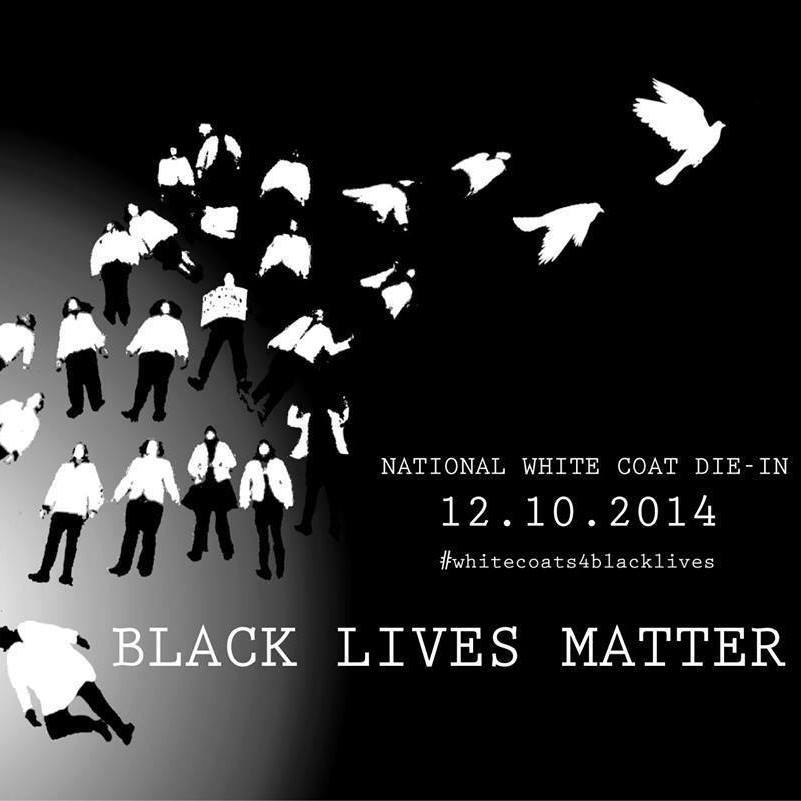Being There
“In all seriousness,” the attending physician says, “he can wear women’s underwear to minimize the pain.” “Can he really?” “Absolutely,” replies the attending. “If we can’t prescribe any pain medication, then tighter fitting clothing can help keep things from jostling about too much.”







